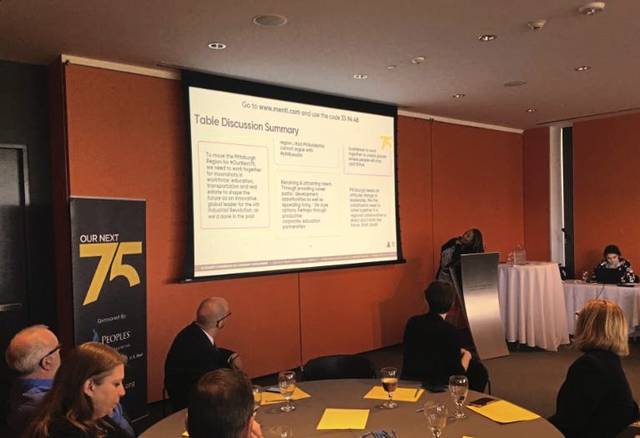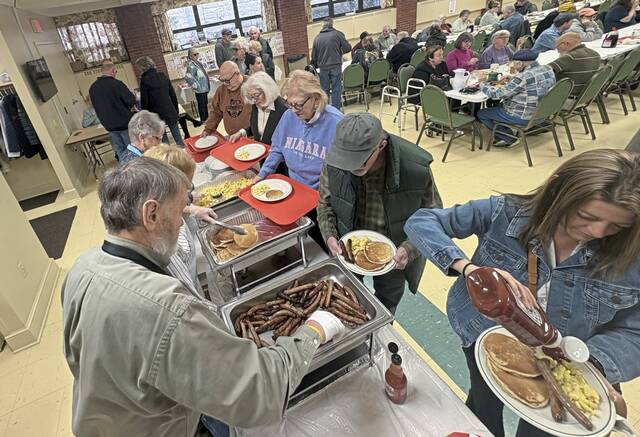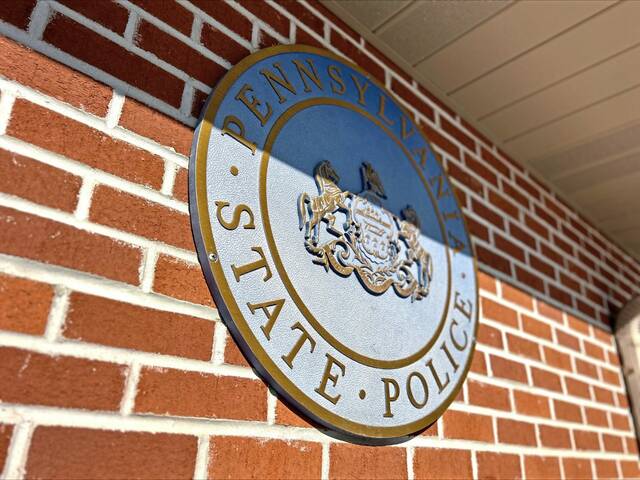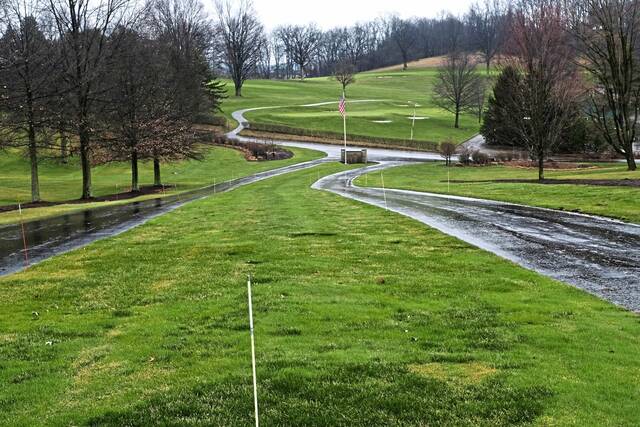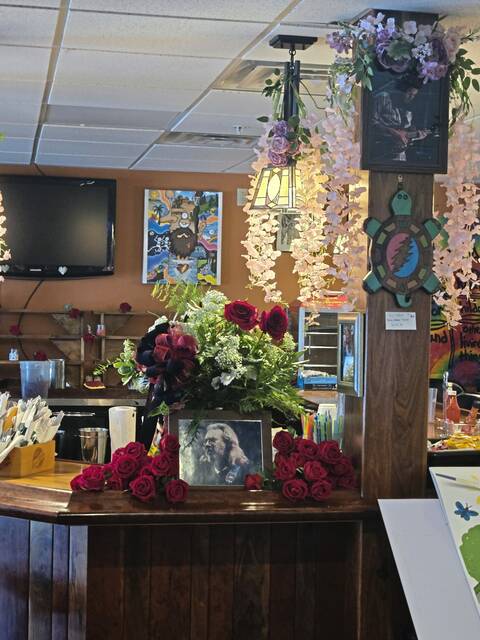Southwestern Pennsylvania needs a more diverse and younger workforce, a better transportation infrastructure, an alignment between education and workforce needs and ways to keep youth in the area to help the region move forward in coming decades.
Those were among the many suggestions about 75 representatives from government, education, business and community organizations from several counties offered Tuesday in Greensburg for the development of a 75-year, long-range plan that the Pittsburgh-based Allegheny Conference on Community Development is putting together. The session was one of the building blocks for public input into the conference’s “Our Next 75,” which marks the 75th anniversary of the Pittsburgh Renaissance.
One of the challenges the region faces is the lack of diversity, said Bill Flanagan, chief corporate relations officer for the Allegheny Conference. With the population 85 percent white, Southwestern Pennsylvania is one of the least diverse metro regions in the nation, Flanagan said.
“You (employers) have to prepare yourself for diversity. Diversity initiatives are very important,” George Basara, executive vice-president for S&T Bank in Indiana, said at the listening session conducted at the Westmoreland Museum of American Art.
Even when an employer is able to attract workers from diverse backgrounds, there is a challenge keeping them in the community. There need to be amenities in the community that will keep them here, rather than leaving for Pittsburgh, Philadelphia or New York, Basara said.
There has been a great effort to align the education in Westmoreland County to the workforce needs of the employers, said Norwin School District Superintendent William Kerr, who is retiring in June.
“I think we are getting better, with the teacher-in-the-workplace program, in understanding the needs of businesses,” Kerr said.
To increase workforce education, “you have to convince people that (college education) is worth it,” said Shari L. Payne, vice president of enrollment at Waynesburg University.
“So many people are afraid of getting students loans and going in debt,” Payne said, even though the average student debt is less than the cost of a new vehicle.
Those with the entrepreneurial initiative to start their own business need access to local sources of capital rather than having to go outside the region to obtaining financing, said James Gibbs of Braddock, CEO and founder of Meter Feeder. The business he founded in 2015 developed a mobile app that allows the user to pay for parking, said Gibbs, a Long Island native who studied at Carnegie Mellon University and remained in the area.
“We need a buy-in from the bigger (financial) companies,” said Gibbs, who envisions developing an app that will pay for an autonomous vehicle’s parking fee.
The Greensburg listening session was the second in a series to seek public input on what people want for the region, Flanagan said. A third session for the Beaver-Butler-Lawrence area is set for May 22 in Cranberry, with an overall listening session planned for June 27 at the Wyndham Grand Pittsburgh, where they have room for 1,000 people, Flanagan said.
After the listening sessions, the Allegheny Conference will work with Carnegie Mellon’s Entertainment Technology Center to create a simulation of the region, which will build to an unveiling of the plan in December that the conference sees as charting a course for the next 75 years, Flanagan said.


